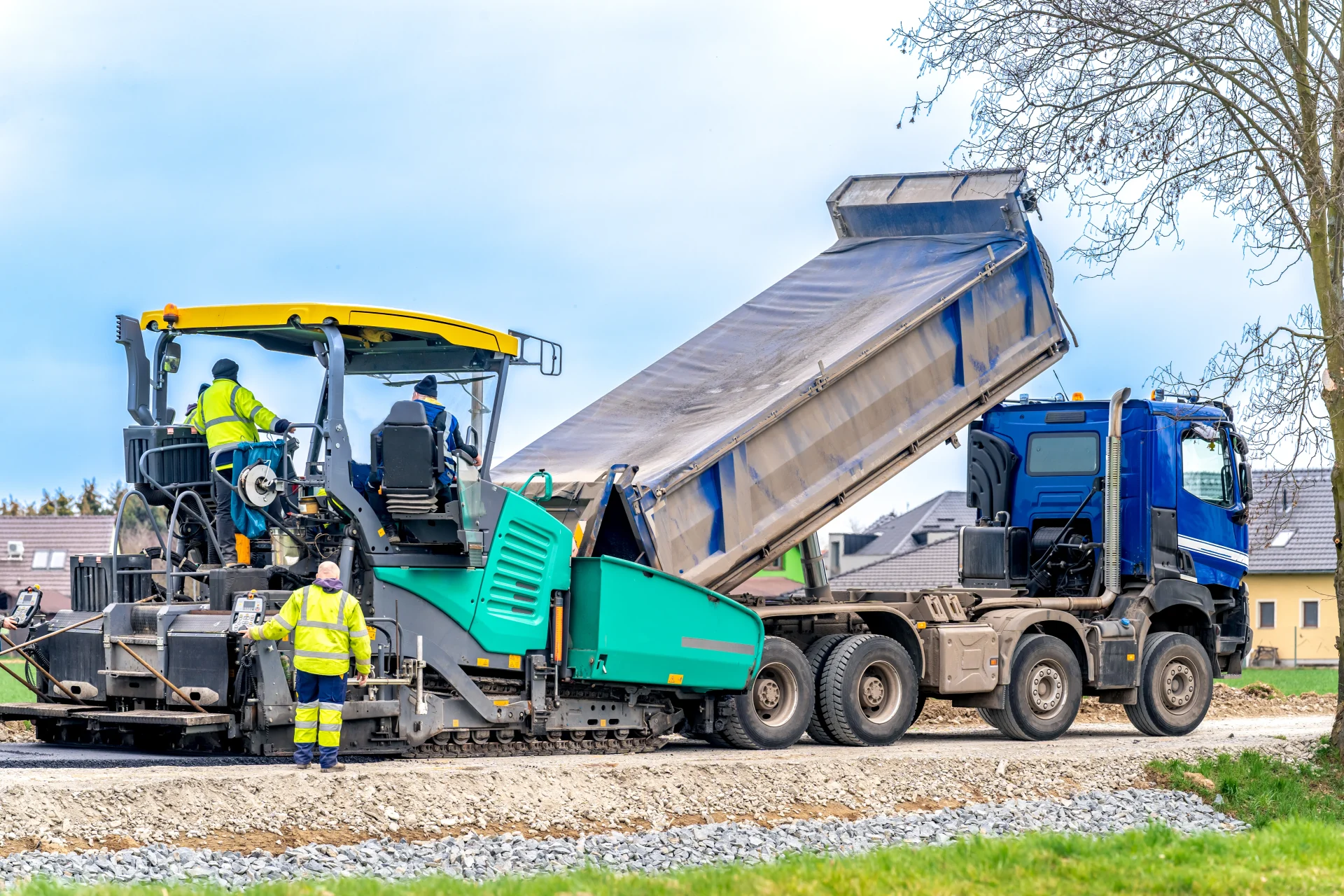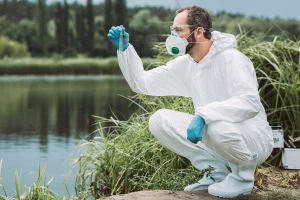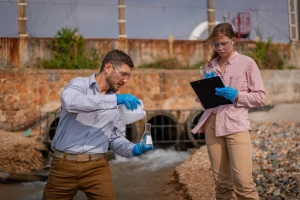We are delighted to announce that we have secured Innovate UK funding as part of the UKRI’s Sustainable bio-based materials and manufacture programme (SusBioMM). The SusBioMM programme is a joint investment by the Biotechnology and Biological Sciences Research Council (BBSRC), Engineering and Physical Sciences Research Council (EPSRC) and Innovate UK which aims to harness the full potential of biomanufacturing towards net-zero and to help the UK secure future economic prosperity.
In this feasibility study titled “Microalgal biomass as a sustainable alternative to bitumen in road construction”, we work in a strong collaborative consortium involving teams from CO2CO Ltd, The University of Sheffield, Imperial College London, Nanolyse Technologies Ltd and with strong links to the value chain, supported by leaders of the UK asphalt industry. This collaborative innovation project is focused on assessing the feasibility of establishing a sustainable alternative to bitumen by developing biobased bitumen from microalgal biomass. This programme is driven by the need to mitigate the worst effects of climate change by reducing CO2 emissions in all road operations and adopting net-zero approaches to building new roads and road maintenance.

Fig 1. Preparation of Bio-bitumen: from growing algal biomass and carbonisation processes to application as an asphalt binder.
Microalgae have rapid growth rates and are able to assimilate nutrients such as nitrogen and phosphorus, as well as other elements. The production of this algal biomass provides a cost-effective and environmentally friendly solution for carbon sequestration through photosynthesis. Our bio-based bitumen (or MA-Bitumen) is produced by the partial hydrothermal carbonisation of the starting algal biomass in an oxygen-limited environment. Our bio-bitumen contains high lipid and nutrient content, giving rise to attractive viscoelastic and adhesive properties. The unique characteristics of this material and our ability to tune its chemical properties provide various industrial applications, including construction, waste management, wastewater treatment, catalysis, and agriculture.
In this collaborative study, we examine the feasibility of developing different grades of carbon-negative bio-bitumen from microalgal biomass. By replacing petroleum-based bitumen binders with renewable bio-bitumen, our development offers highly promising solutions to help the UK road construction industry become greener and more sustainable.
Project Partners:
Additional Information & Contacts:

If you are interested in collaborating with us or wish to learn more about our bio-bitumen project, please contact us at: info@nanolyse.com or contact@CO2CO.earth.









